Most outages are caused by one of four things: storms, animals, equipment failure, or accidents. In most cases, power outages during calm weather affect very few members and SREC repairs them within hours. Below are typical causes of outages. SREC strives to keep the power on for every home and business in our community. During outages, we work as quickly as possible to get the lights back on.
Storms
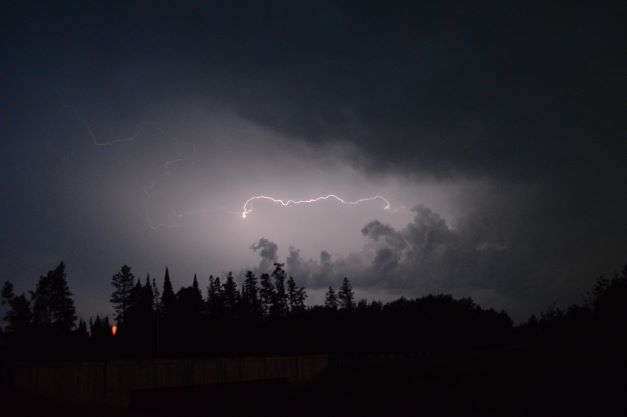
Strong winds can knock trees and limbs onto overhead power lines, snapping the wires and sometimes breaking utility poles. When the ground is saturated from flooding, heavy rain, or melting snow, trees can be uprooted and may fall on power lines. During the winter, heavy snow or freezing rain can coat the lines with ice and cause them to sage or break under the added weight.
Even after the storm has passed, its effect on trees can continue. Days later, when snow and ice have melted, or strong rains have saturated the ground, a tree may be uprooted and topple onto a power line.
Animals

Squirrels and birds don't know that electric equipment is dangerous. When they climb or land on SREC poles, transformers, or substation equipment, they can cause shorts or faults that trip our circuit breakers or cause temporary power blinks.
Vehicle Accidents
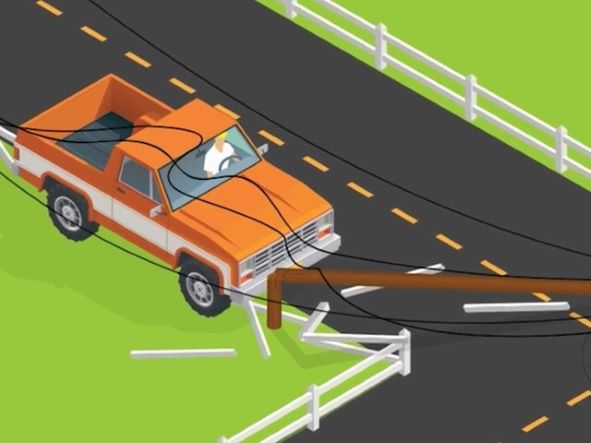
A car or truck that collides with a utility pole can knock it down or damage the pole enough to cut off electricity to members connected to the power line. For your own safety, please drive carefully during inclement weather.
Construction Accidents
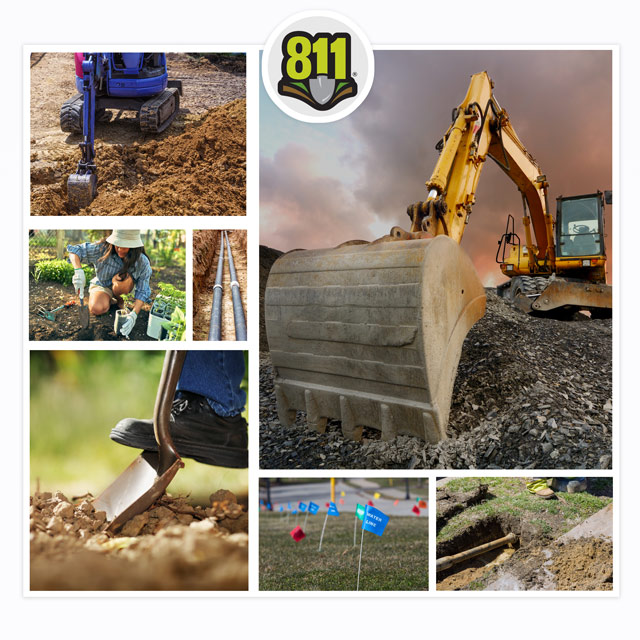
Not only will the power go off when a construction crew digs into an underground power line, but it can also be dangerous for workers. For the safety of everyone involved, anyone performing construction should contact 811 to have underground lines marked. New York state law requires you to contact 811 at least 48 hours before you dig or begin excavation.
Equipment Failures
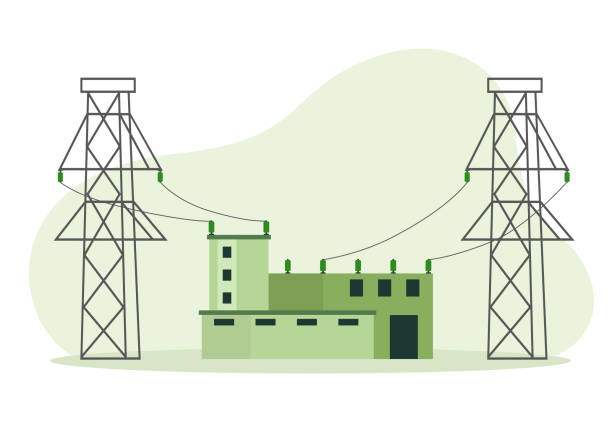
SREC strives to keep its electric system in peak operating condition. If an overhead transformer or circuit breaker fails, we promptly repair or replace the faulty equipment to minimize the time that members are without power.
Planned Outages
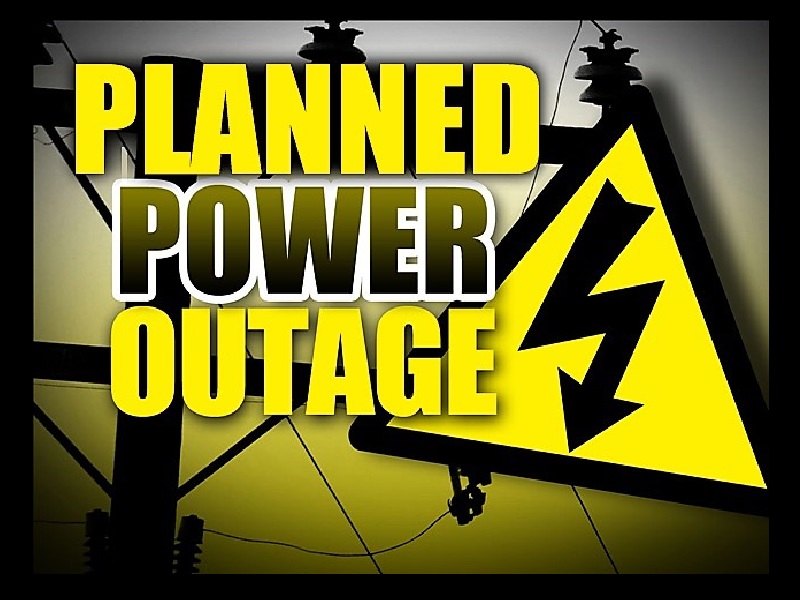
SREC regularly upgrades the equipment on its system to enhance reliability. Sometimes the work requires disconnecting power so that our crews can install new lines. When we need to disconnect, we make automated calls to let our members know in advance that their power will be out.


